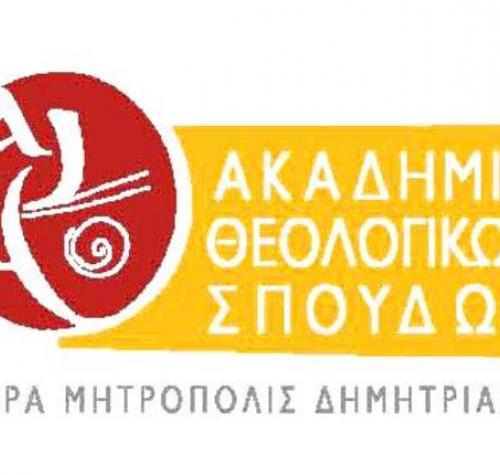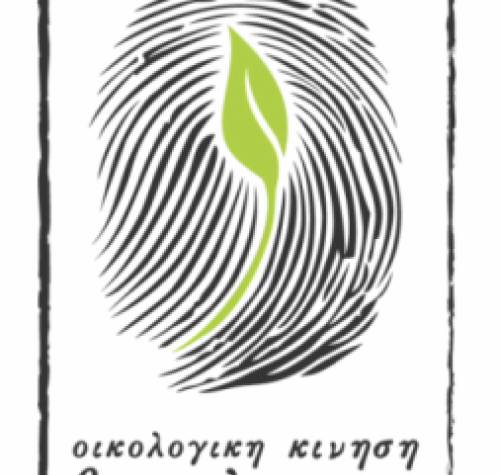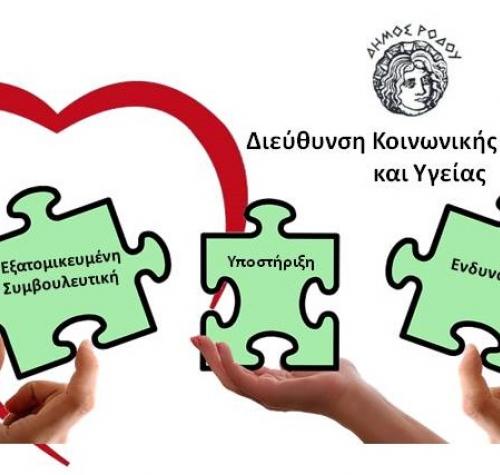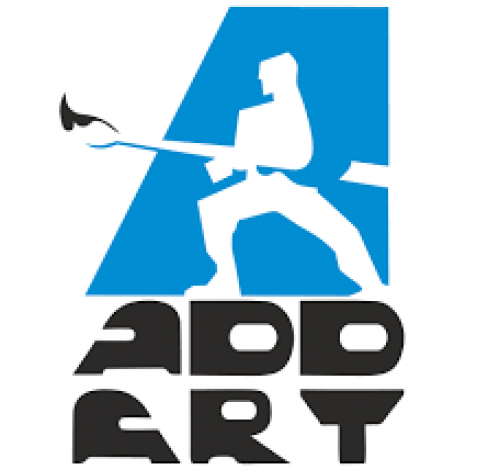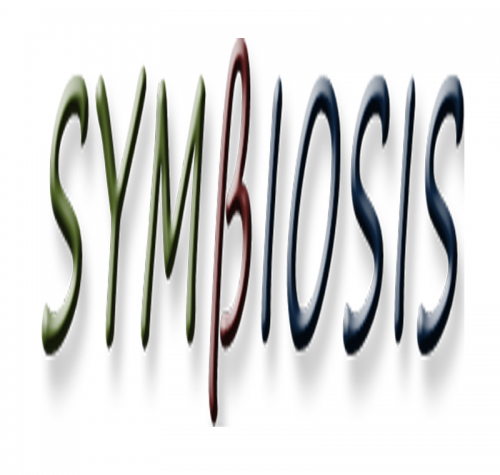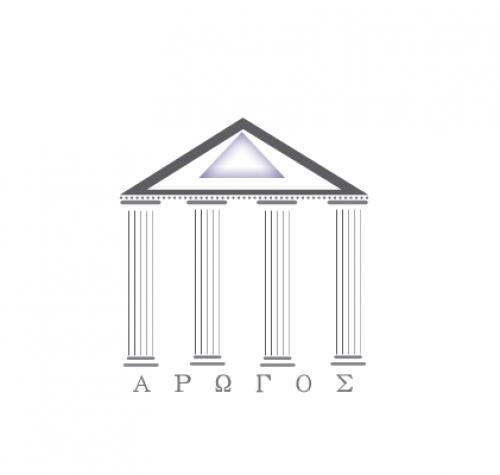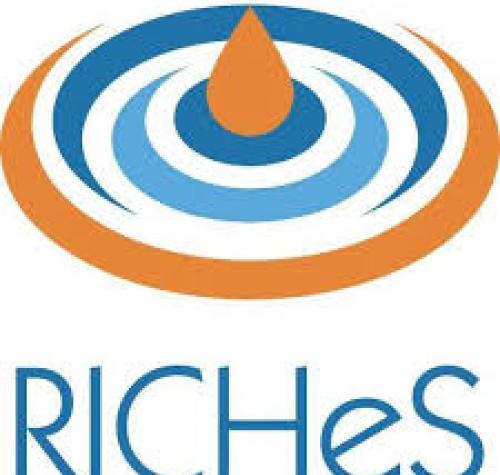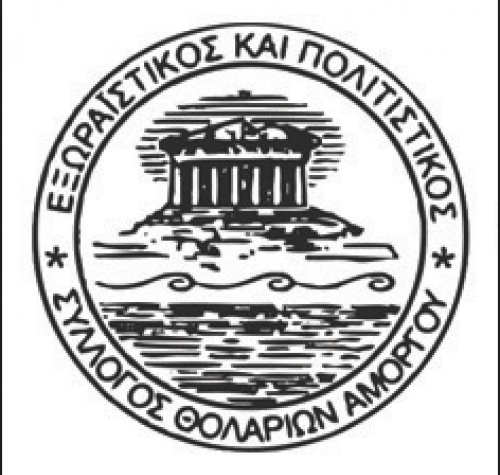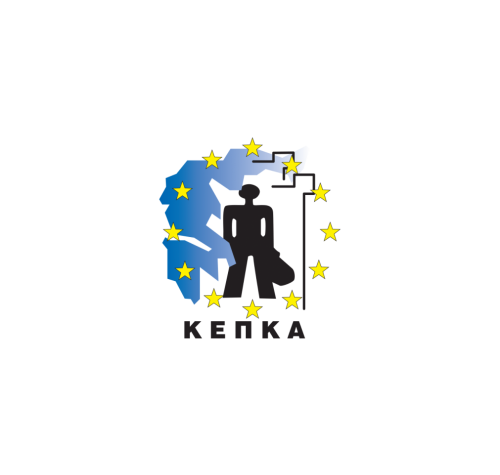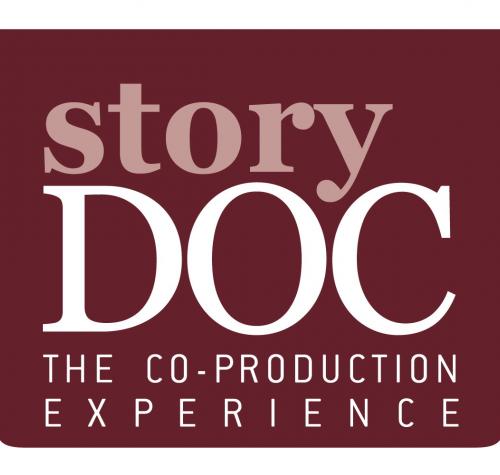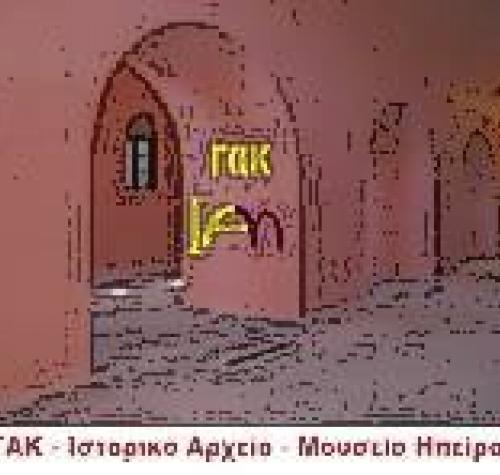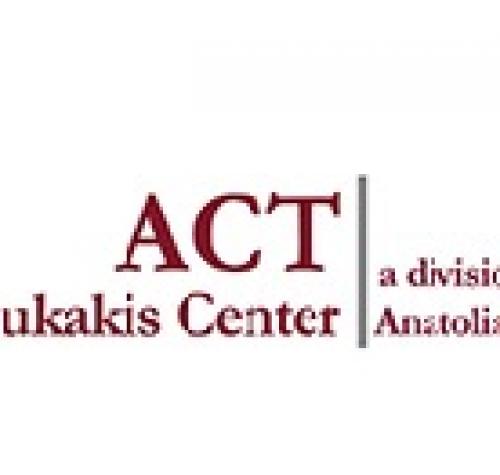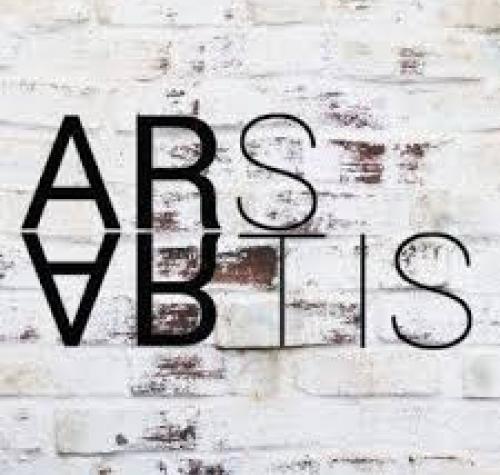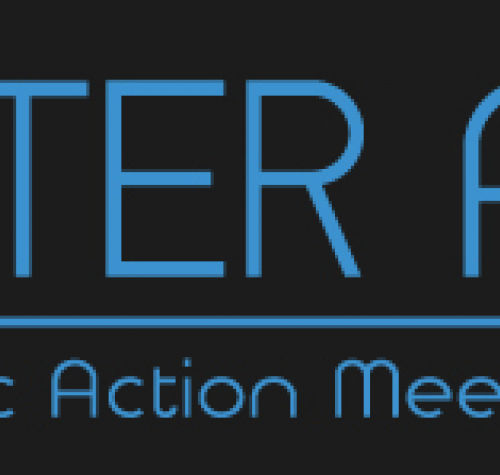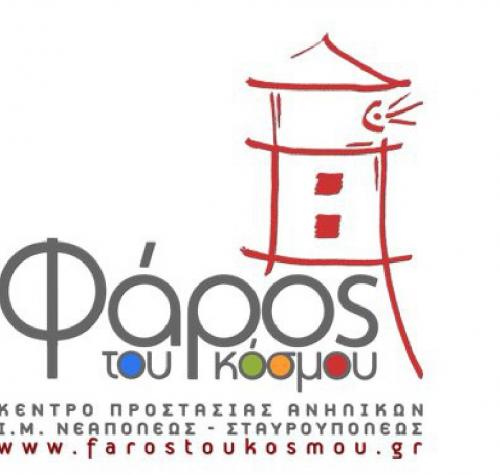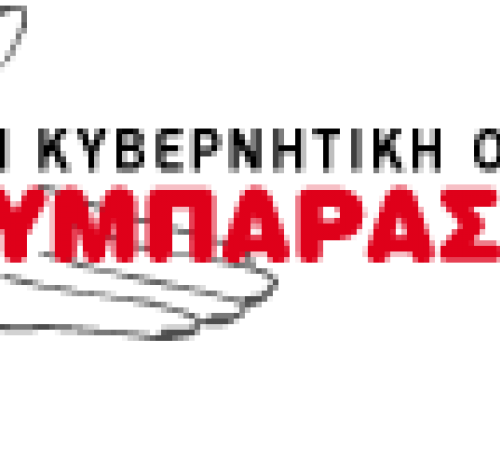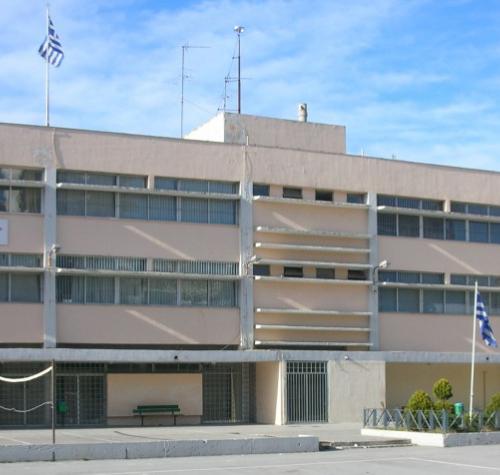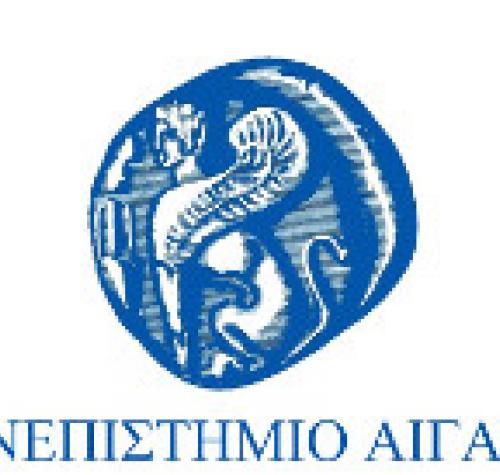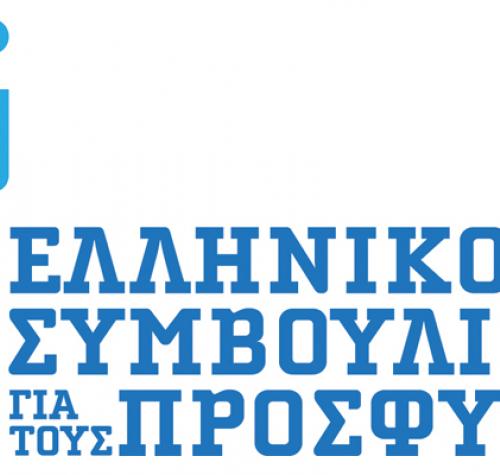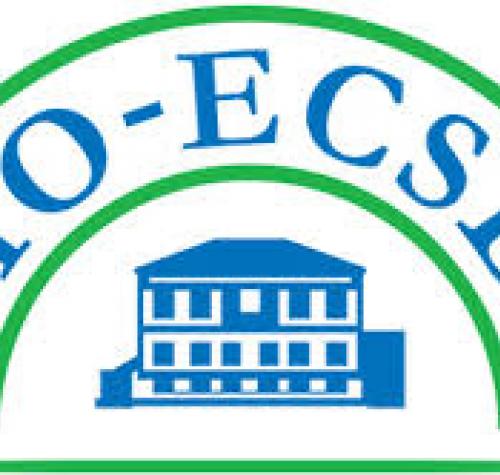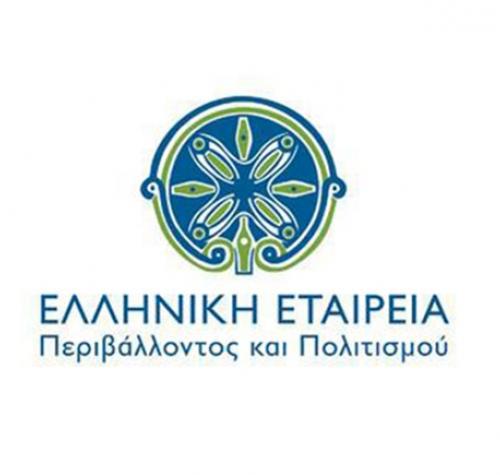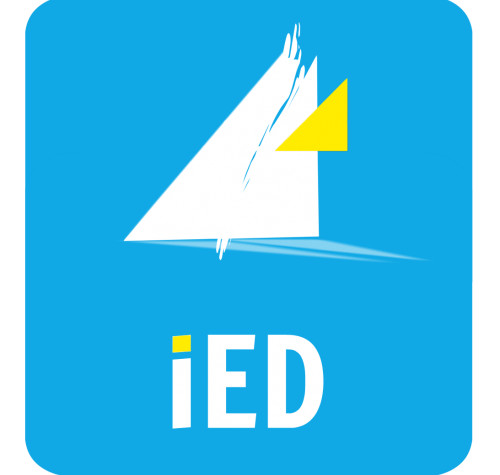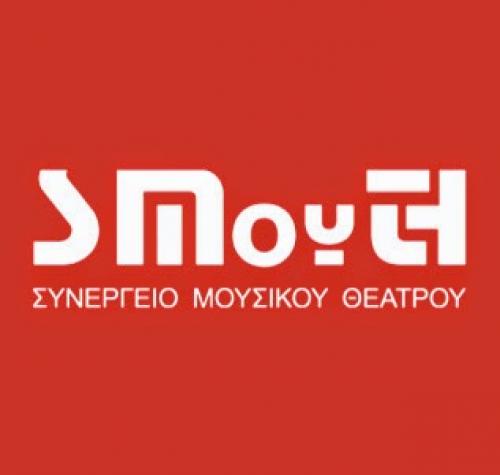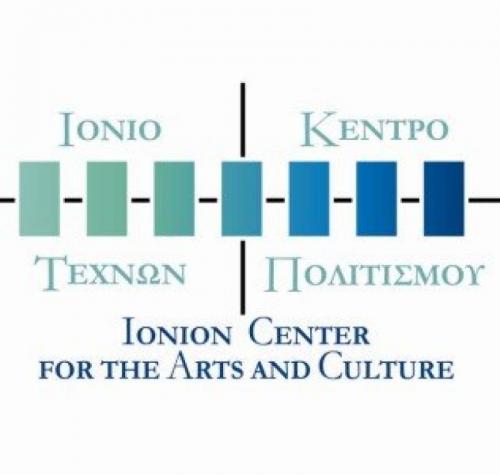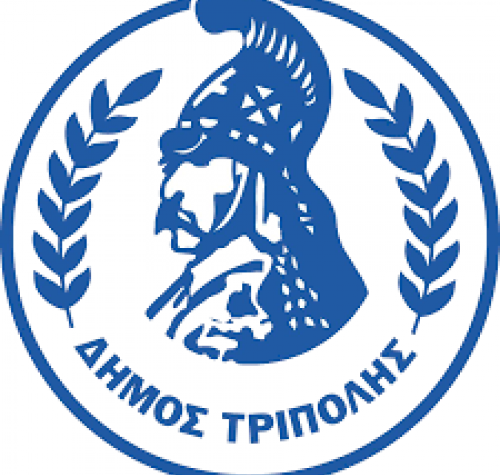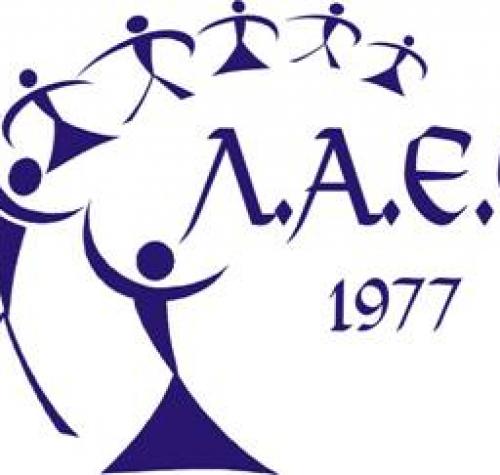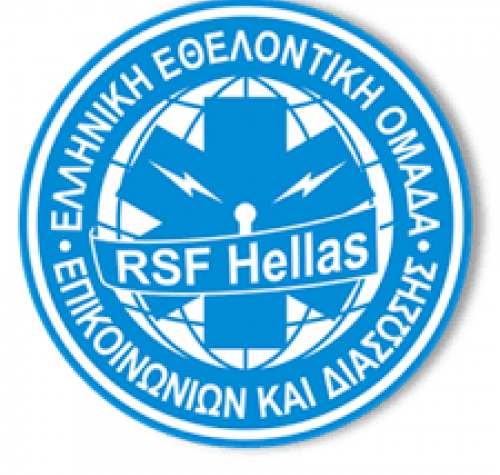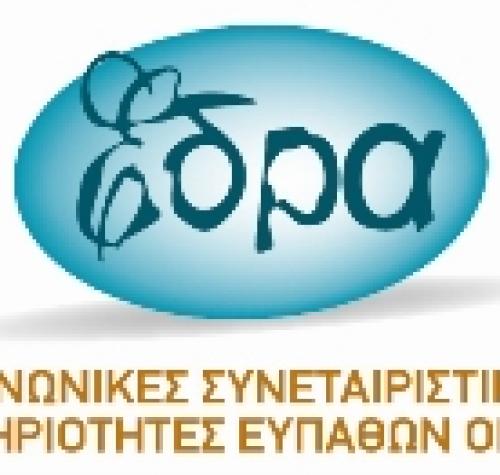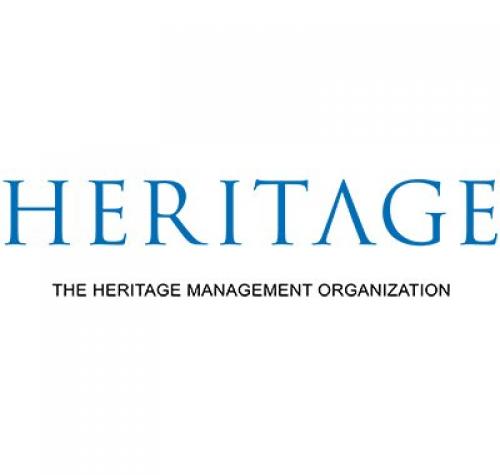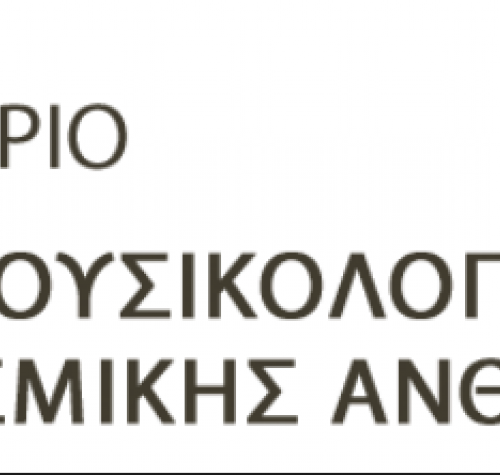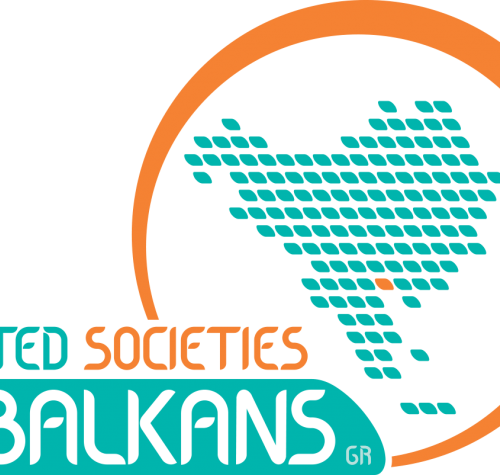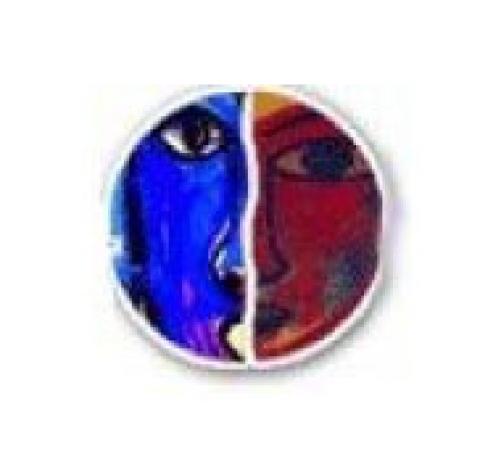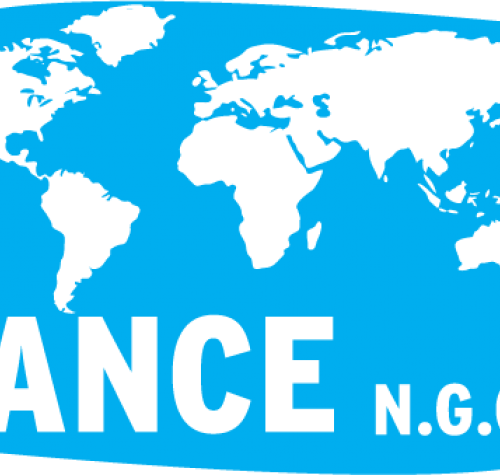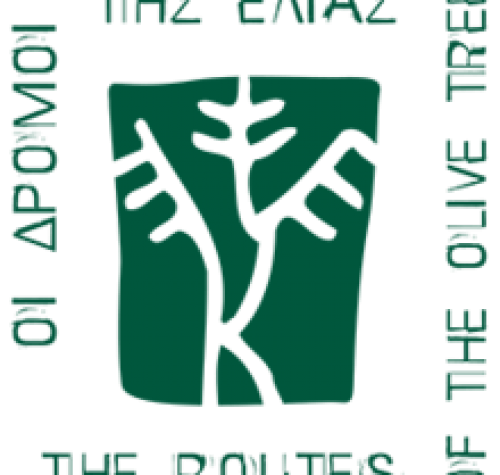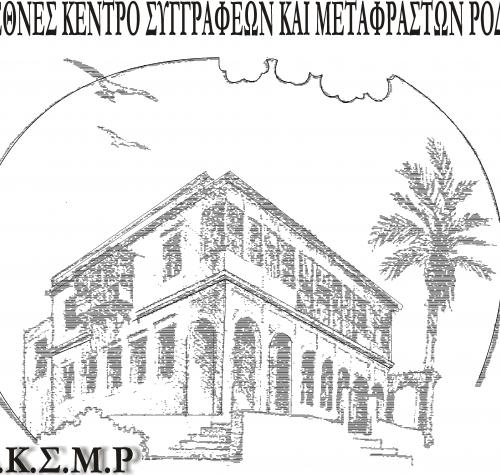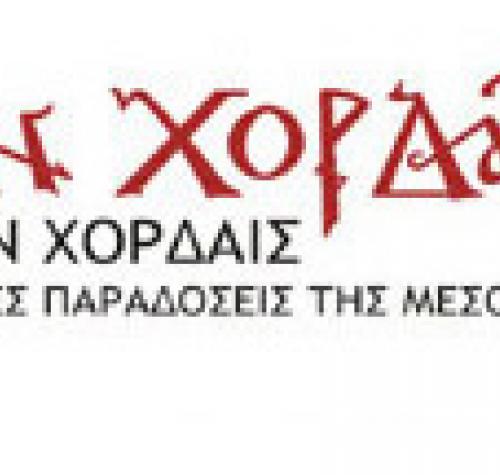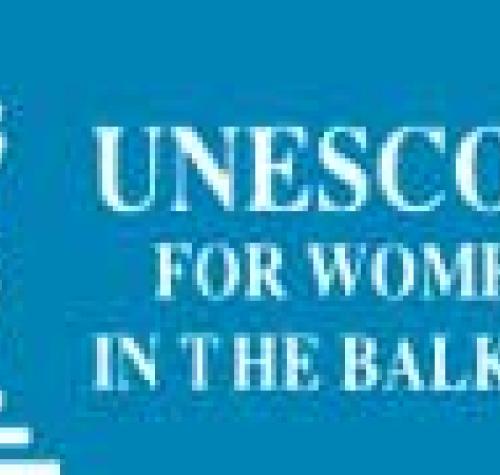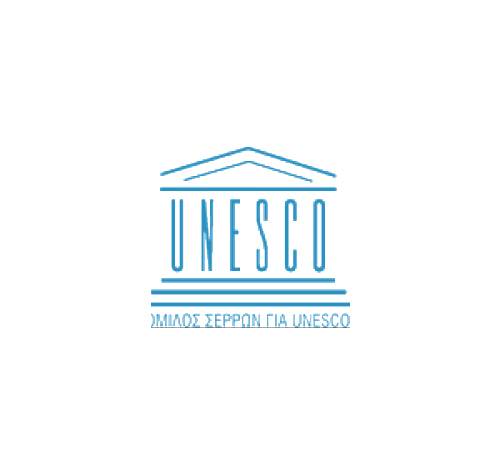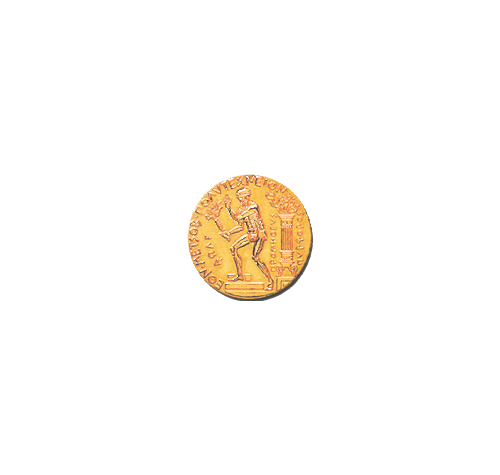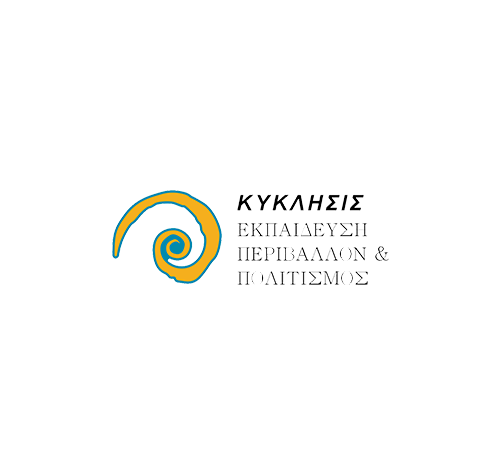The Volos Academy for Theological Studies functions as an open forum of thought and dialogue between the Orthodox Church and the broader scholarly community of intellectuals worldwide. In its effort to foster interdisciplinary and inter-religious understanding, the Academy has been organizing a series of studies, international seminars, conferences, roundtables and publications. In order to meet this objective, the Academy for Theological Studies has collaborated with nu¬merous other institutions, jointly addressing problems and challenges of our time, in a spirit of respect for each other’s differences. Thus, the Academy has collaborated with institutions such as the Roman Catholic Theological Faculty in Florence, the Boston Theological Institute, the French Institute in Athens, Drury University (USA), the School of Theology at the University of Thessaloniki, the Department of Orthodox Theology at the University of Munich, the Faculty of Theology at Heidelberg University, the Bossey Ecumenical Institute and the World Council of Churches, the Conference of European Churches (CEC),the Society of Oriental Liturgy (SOL), the Orthodox Theological Faculty at the University Babes-Bolyai (Cluj-Napoca, Romania) and the University’s Center on Bioethics, the Department of History-Archeology and Social Anthropology at the University of Thessaly, the Chair of Orthodox Theology at the University of Münster (Germany), the Center for Orthodox Studies at Fordham University (New York), the Romanian Institute for Inter-Orthodox, Inter-Confessional and Inter-Religious Studies (INTER, Cluj-Napoca), Saint Sergius Theological Institute (Paris), the Journal and the Ecumenical Center Istina, French Orthodox Journal Contacts, the Christian Cultural Center of Belgrade (Serbia), St. Andrew’s Biblical Theological Institute (Moscow, Russia), the Orthodox Academy of Valamo (Finland), the European Forum of Orthodox Schools of Theology (EFOST, Brussels), the World Student Christian Federation (WSCF), the Forum of European Muslim Youth Student Organizations (FEMYSO), the Association of Religious Teachers of Imathia (Greece), the Academic As¬sociation for Adult Education, the Mental Health Organization “Health Progress”, the “Second Chance” Schools of Volos and Larissa, the Alternative School of the Therapeutic Community “Exodus,” the Municipal Center of History in Volos, the Youth Association of the Holy Metropolis of Demetrias, the School of Iconography Dia Heiros of the Holy Metropolis of Demetrias in Volos, the French website on Orthodox news www.orthodoxie.com, the Volos newspaper “I Thessalia,” the leading journal of the study of literature “Nea Hestia”, the theological journal Synaxis, the journals Analogion, Leimonarion, of the Holy Metropolis of Kozani, the Publication Houses, Kastaniotis, Indiktos, Harmos and Hestia. As a result of this scholarly activity, the Metropolis of Demetrias and the city of Volos have become an international meeting place for encounter and dialogue. Since 2017, the Volos Academy for Theological Studies, as an officially recognized Research Center is a subscribed member of the European Academy for Religion (EuARe).
Among the topics addressed by the Volos Academy for Theological Studies in previous academic years were: “Orthodoxy in the 21st century,” “Church and Culture,” “Church and Eschatology,” “Orthodox Christianity and Modernity,” “Ecclesiology and Nationalism in the Postmodern Era,” “Islam and Fundamentalism - Orthodox Christianity and Globalization,” “Christian Presence and Witness in Palestine and Middle East Today: Theological and Political Challenges,” “Orthodox Christi¬anity and Otherness,” “Gender and Religion - The Place of Women in the Church,” “En Route to ‘In the Likeness’: Elisabeth Behr-Sigel’s Theological and Anthropological Contributions to the Church,” “Women and Religion: The Problem of Violence and Fundamentalism,” “Theology and Literature,” “Theology and Modern Church Architecture,” “The New Synaxarion: The Lives of the Saints of the Orthodox Church,” “Toward an Ecumenical Declaration of Just Peace and Reconciliation: An Orthodox Contribution,” “Biblical Liberation Theology, Patristic Theology, and the Ambivalence of Modernity in Orthodox and Ecumenical Perspective,” “Orthodox Christianity and Education: Religious Instruction as a Lesson in Identity and Culture,” “Orthodox Christianity and Multiculturalism,” “Lay Participation in Ecclesiastical Life,” “Turmoil in Post-war Theology: the “Theology of the ’60s,” “Theological Portraits I: Panayiotis N. Trembelas: Between Tradition and Renewal, Between Academia and Mission,” “Church and State,” “Orthodox Christianity and Islam: Islam in Europe,” “Orthodox Christianity, Tradition, and History,” “The Participation of Orthodox Women in the Ecumenical Movement: Past, Present, and Future,” “Neo-Patristic Synthesis or Post-Patristic Theology: Can Orthodox Theology Be Contextual?”, “The Place of Religion in the Public Sphere,” “Issues of Renewal and Reform in Orthodoxy,” “Refugees, Immigrants, and the Church,” “Education through Art,” “Shifting Versions of Helleno-Christianity (19th -20th centuries),” “The Question of Language in Worship,” “Why is the Orthodox Doctrine of Theosis So Intriguing to Western Christians?”, “The Reception of Palamism in the West Today,” “The Teaching of Ecumenical Theology in the Orthodox World,” “Metropolitan John Zizioulas of Pergamon: Person, Eucharist, and the Kingdom of God in Orthodox and Ecumenical Perspective,” and more. “Holy Canons of the Church and State Laws”, “The existence of evil and the problem of theodicy”, “The Baptism in the New Testament from an Orthodox and Roman Catholic perspective”, “Political Orthodoxy and Totalitarianism in a post Communist Era”, “Ecotheology, Climate Justice and Food Security,” “Metropolitan of Diokleia Kallistos Ware and the Witness of Orthodoxy in the West,” “Theology and Disability in Orthodox Perspective,” “Iconography in Greece, Constantinople and the Orthodox world, yesterday and today. Differences and parallels,” “Theological Portraits III: Archbishop Chrysostomos of Athens (Papadopoulos): Theology and Church life during the Interwar years,” “New Testament Textual Criticism: Its Significance for Scholarship, Culture and Church,” “The Theological School of Halki: The Vision for the next day,” “Voices of the Liturgy: Gender and Performance in the early Byzantine Church,” “On the Laity: Ancient Syriac Models,” Ibadism: Understanding Diversity in Islam,” “New Testament Orthodox Hermeneutics: History, Theory, Prospects”, “Orthodoxy and Fundamentalism”, “Disability, Church and Society,” “Figures of Christian Narrative Texts: Theological and Secular Approaches,” etc.
VOLOS ACADEMY FOR THEOLOGICAL STUDIES
VOLOS ACADEMY FOR THEOLOGICAL STUDIES
Action Field:
Youth & Education, Entrepreneurship, Human Rights/ vulnerable social group, Religion
Organization:
Non Profit Organization
Sector:
Private Company
Website:
E-mail:
Info@acadimia.org
Contact Person:
Pantelis Kalaitzidis
Landline Phone:
+302421093550
Address:
MELISSIATIKA
Rest Networks
NEWSLETTER
Newsletters
Subscribe to our newsletter to receive news from actions of our organisation and our networks.
CONTACT US
Anna Lindh Foundation Greek Network
Alamanas 9, Agios Pavlos, Thessaloniki, 55438
+30 2310 215629
+30 2310 215629
info[a]alfhellas.gr
www.alfhellas.gr
ABOUT US
Το Ελληνικό Ίδρυμα Πολιτισμού είναι επικεφαλής και συντονιστής του Ελληνικού Εθνικού Δικτύου του Ευρω-Μεσογειακού Ιδρύματος Anna Lindh για τον Διάλογο μεταξύ των Πολιτισμών. Συν επικεφαλής του δικτύου είναι η αστική μη κερδοσκοπική οργάνωση «Ενωμένες Κοινωνίες των Βαλκανίων», η οποία συνεργάζεται για την πραγμάτωση των στόχων του δικτύου.

